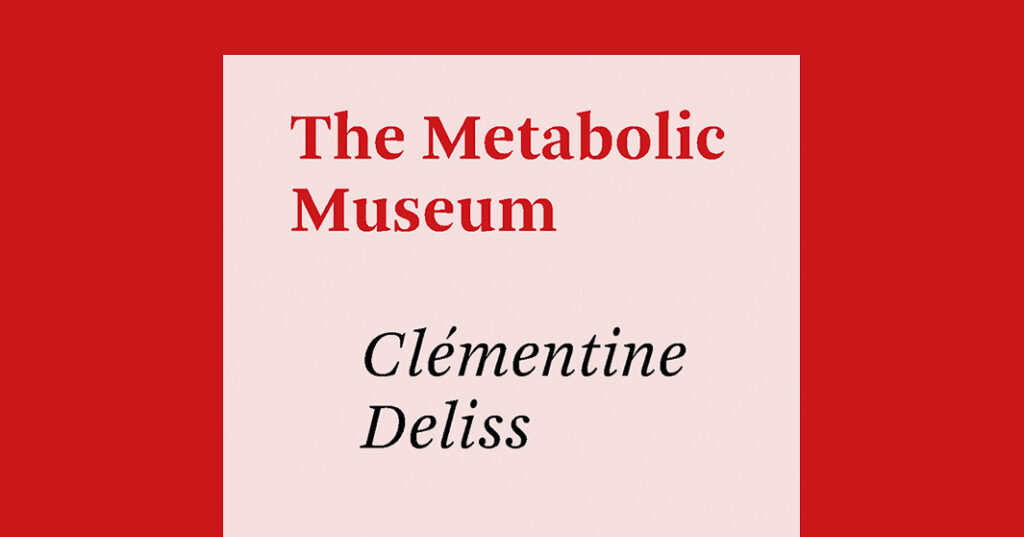
Pamela See reviews a book by a curator that seeks to move beyond the colonial underpinnings of the Western museum.
This memoir of the preeminent curatorial historian Dr Clementine Deliss chronicles her directorship of the Welkulturen Museum between 2010 and 2015. This pivotal role led her to make radical reforms within the sector, beginning with the dissection of the museum as a model. She reticulated this relic of nineteenth-century colonialism through untethering artifacts from their geographic origins. The physical spaces were restructured to invite public engagement. Contemporary artists were called upon as curators to reimagine collections.
The title of the book appears to reflect a process of breaking down and reconfiguration. In addition to deconstructing longstanding conventions, new methods have been devised with the intention of activating artifacts in a contemporary context. The authentic accounts unfold across seventeen succinct chapters, which are categorised by theme and loosely composited together by chronology. Written in first person, the discoveries are detailed with humility and the efforts to reconcile dehumanising aspects retold with humour. The resulting text is affecting but accessible despite the, at times, disturbing content.
A particularly palpitating account is the uncovering of an unofficial archive produced by Welkulturen Museum founding director Berhard Hagen. A nineteenth-century medical doctor and anthropologist, his interest in “racial typographies” had inspired him to take explicit photographs of unskilled migrant workers at a Sumatran tobacco plantation. Likewise, the criticism of a collaboration with Perks and Mini (P.A.M.) was communicated with candour. The Australian-based designers displayed a mannequin dressed in a juxtaposition of artifacts and their own accessories, including a P.A.M. baseball cap, a Papua New Guinean ritual mask and embroidered Nigerian Sarouel trousers.
From contemporary artists to university researchers reliant on collections of anthropological artifacts, The Metabolic Museum makes for riveting reading. However, it is museum personnel who may find the book of greatest interest, as it offers a virtual compendium to the decolonisation of the sector.
Deliss, C. (2020) Clémentine Deliss: The Metabolic Museum. Hatje Cantz Verlag.

To learn about the reviewer, see Pamela See ✿ A renaissance woman.

